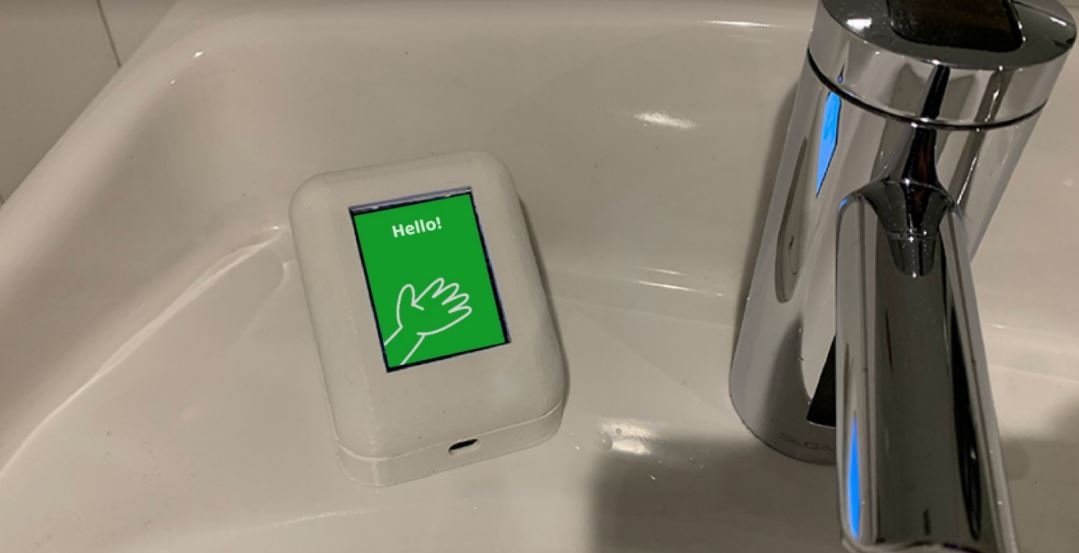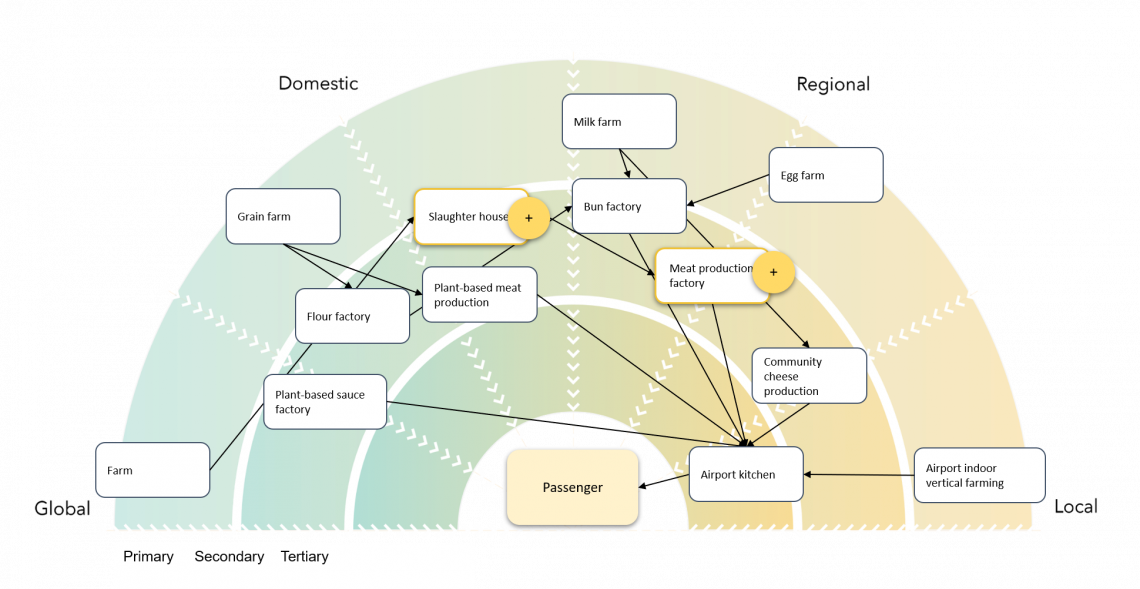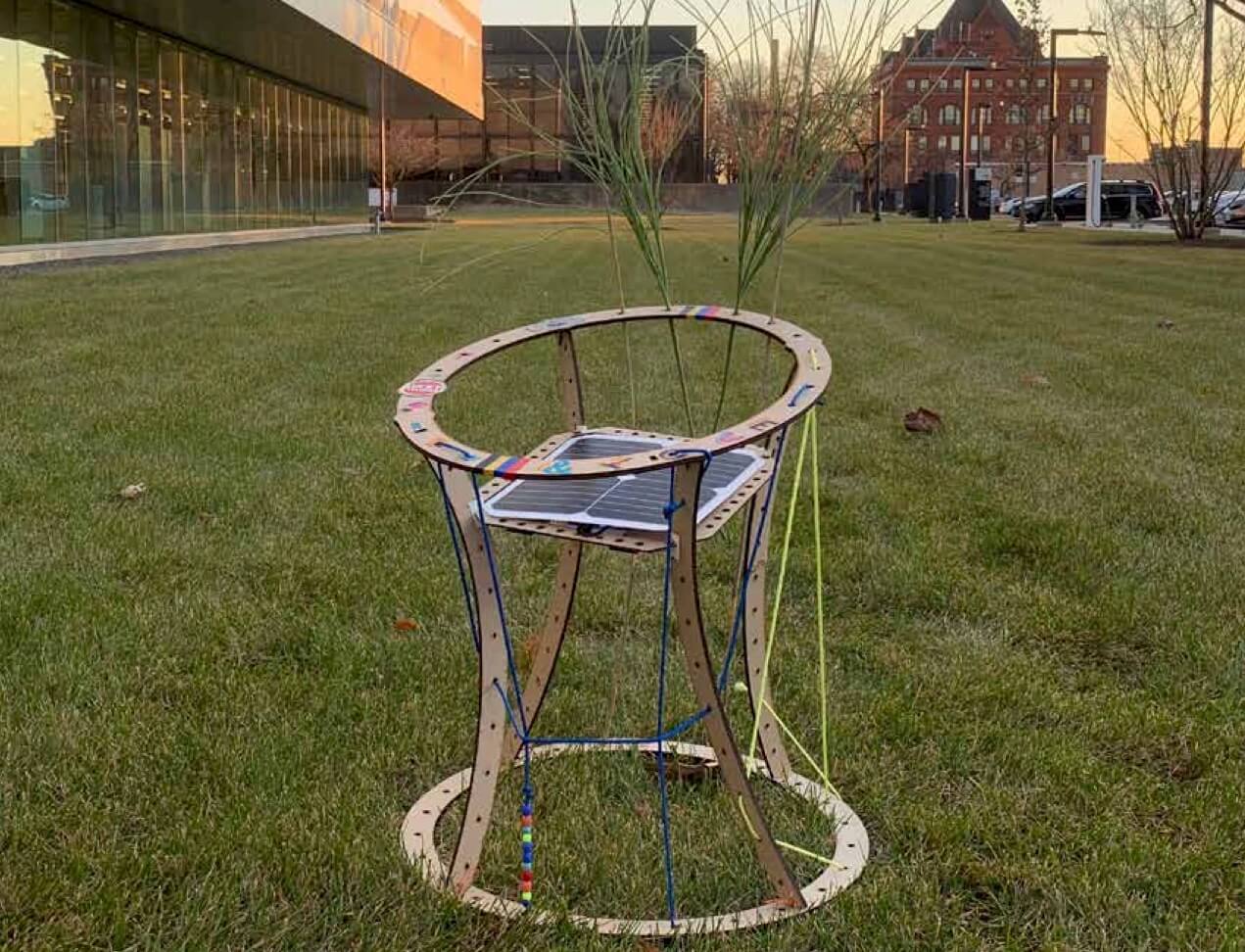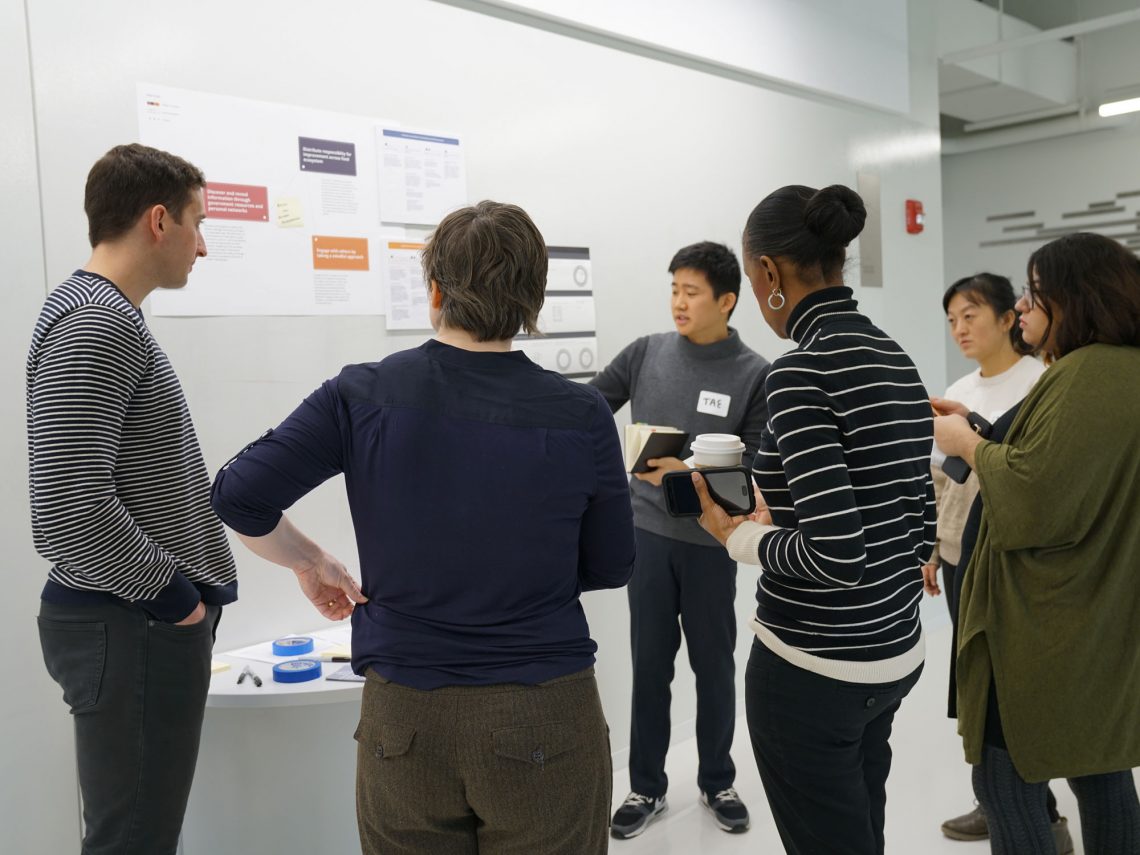Preventing Foodborne Illnesses, One Industrial Kitchen at a Time
By Stephanie Hlywak
April 15, 2022


One of the greatest public health interventions of our time isn’t a vaccine or pill: it’s handwashing. When done properly, it can prevent many illnesses and save countless lives.
But while the Centers for Disease Control and Prevention recommends handwashing for 20 seconds to prevent the spread of infectious disease, few people actually wash their hands well enough to have any effect—even amidst a pandemic.
Entrepreneurs and City Health Tech co-founders Ibraheem Alinur and Irewole Akande (BS Engineering and Industrial Management, Illinois Tech 2017) launched Opal in 2020 to encourage proper hand hygiene. Opal is a small device that sits next to sinks and encourages 20-second handwashing by using interactive timed videos. It’s currently in use in some of the top private schools in Illinois, with aspirations to expand nationally and move beyond education.
Food for Thought
In Ruth Schmidt’s Advanced Behavioral Design class, ID students were challenged to find ways City Health Tech could expand its business to the foodservice industry. Bringing an expertise in human-centered design and behavioral insights, as well as an understanding of the intersecting systems at play, students integrated the Opal product into restaurants’ daily workflows. The result is a win-win for City Health Tech and people everywhere who work and eat at restaurants—an intervention that has real potential to measurably improve health and wellness outcomes for numerous populations.
Although everyone intellectually understands the importance of handwashing, few people prioritize it on the job. To respond to that problem, ID students first had to understand the barriers that prevent food service workers from complying with handwashing rules.
What they found was both environmental and behavioral: stressful working conditions, high turnover, poor onboarding, and lax social adherence prevent restaurant workers from adopting consistent and effective handwashing practices.
To address this, the students leveraged features of restaurant culture, including new employee onboarding practices and the shift system. They also considered how the data captured with the device could contribute to feedback loops that benefitted both the restaurant and individual workers. The goals were to help with training new staff and boost kitchen morale, demonstrate the actual impact of better handwashing, and increase the value provided to the end customer.
The students proposed reconfiguring Opal’s existing technology into three modes activated by simple hand gestures.
- Testing Mode introduces high-quality handwashing as a professional competency, facilitates conversations around its importance, and leverages buddy systems to encourage peer support and accountability.
- Shift Competition Mode builds reward systems to create an environment of friendly rivalry to encourage handwashing among kitchen teams.
- Customer Mode builds trust and credibility for the restaurant as well as provides cues for good handwashing for restaurant diners.
Coming Clean
By applying behavioral science to a challenging problem, ID students used design to create new markets for City Health Tech. Work like this expands our understanding of how humans can benefit from technology, and how technology-based solutions can benefit from a deeper understanding of human behavior. Conducting a detailed inquiry into the foodservice industry, including its current practices and pain points, allowed the students to make a real, serviceable offering that we can all benefit from. In particular, City Health Tech co-founders Ibraheem Alinur and Irewole Akande had high praise for ID’s approach to designing solutions to real-world challenges:


